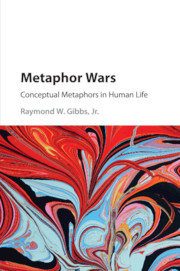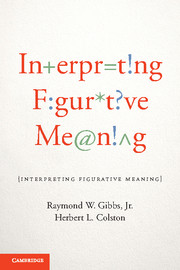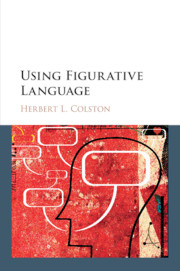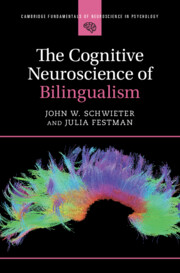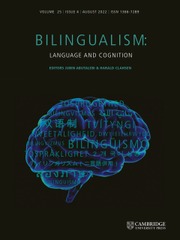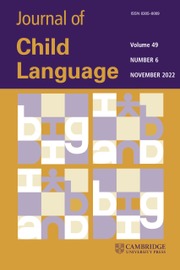The Freedom of Words
Abstractness and the Power of Language
- Author: Anna M. Borghi, University of Rome
- format: Adobe eBook Reader
- isbn: 9781108912044
Find out more about Cambridge eBooks
Adobe eBook Reader
Other available formats:
Looking for an inspection copy?
This title is not currently available for inspection. However, if you are interested in the title for your course we can consider offering an inspection copy. To register your interest please contact [email protected] providing details of the course you are teaching.
-
The Freedom of Words is for anyone interested in understanding the role of body and language in cognition and how humans developed the sophisticated ability to use abstract concepts like 'freedom' and 'thinking'. This volume adopts a transdisciplinary perspective, including philosophy, semiotics, psychology, and neuroscience, to show how language, as a tool, shapes our minds and influences our interaction with the physical and social environment. It develops a theory showing how abstract concepts in their different varieties enhance cognition and profoundly influence our social and affective life. It addresses how children learn such abstract concepts, details how they vary across languages and cultures, and outlines the link between abstractness and the capability to detect inner bodily signals. Overall, the book shows how words – abstract words in particular, because of their indeterminate and open character – grant us freedom.
Read more- Highlights the interaction of multiple disciplines, from semiotics and neuroscience, to show how development and evolution shape language and abstractness
- Renders studies in abstractness accessible to readers, starting from the idea that words are physical, inner, and social tools that shape interaction with physical and social environments
- Focuses on concepts and language in use
Customer reviews
Not yet reviewed
Be the first to review
Review was not posted due to profanity
×Product details
- format: Adobe eBook Reader
- isbn: 9781108912044
Table of Contents
Introduction
Part I. The Power of Language:
1. Language as a physical tool
2. Language as an inner/cognitive tool
3. Language as a social tool
4. Evolving language in interaction
Part II. Abstractness:
5. Different varieties of abstract concepts
6. Abstractness and language as physical tool
7. Abstractness and language as an inner tool
8. Abstractness and language as a social tool
Conclusion.
Sorry, this resource is locked
Please register or sign in to request access. If you are having problems accessing these resources please email [email protected]
Register Sign in» Proceed
You are now leaving the Cambridge University Press website. Your eBook purchase and download will be completed by our partner www.ebooks.com. Please see the permission section of the www.ebooks.com catalogue page for details of the print & copy limits on our eBooks.
Continue ×Are you sure you want to delete your account?
This cannot be undone.
Thank you for your feedback which will help us improve our service.
If you requested a response, we will make sure to get back to you shortly.
×

